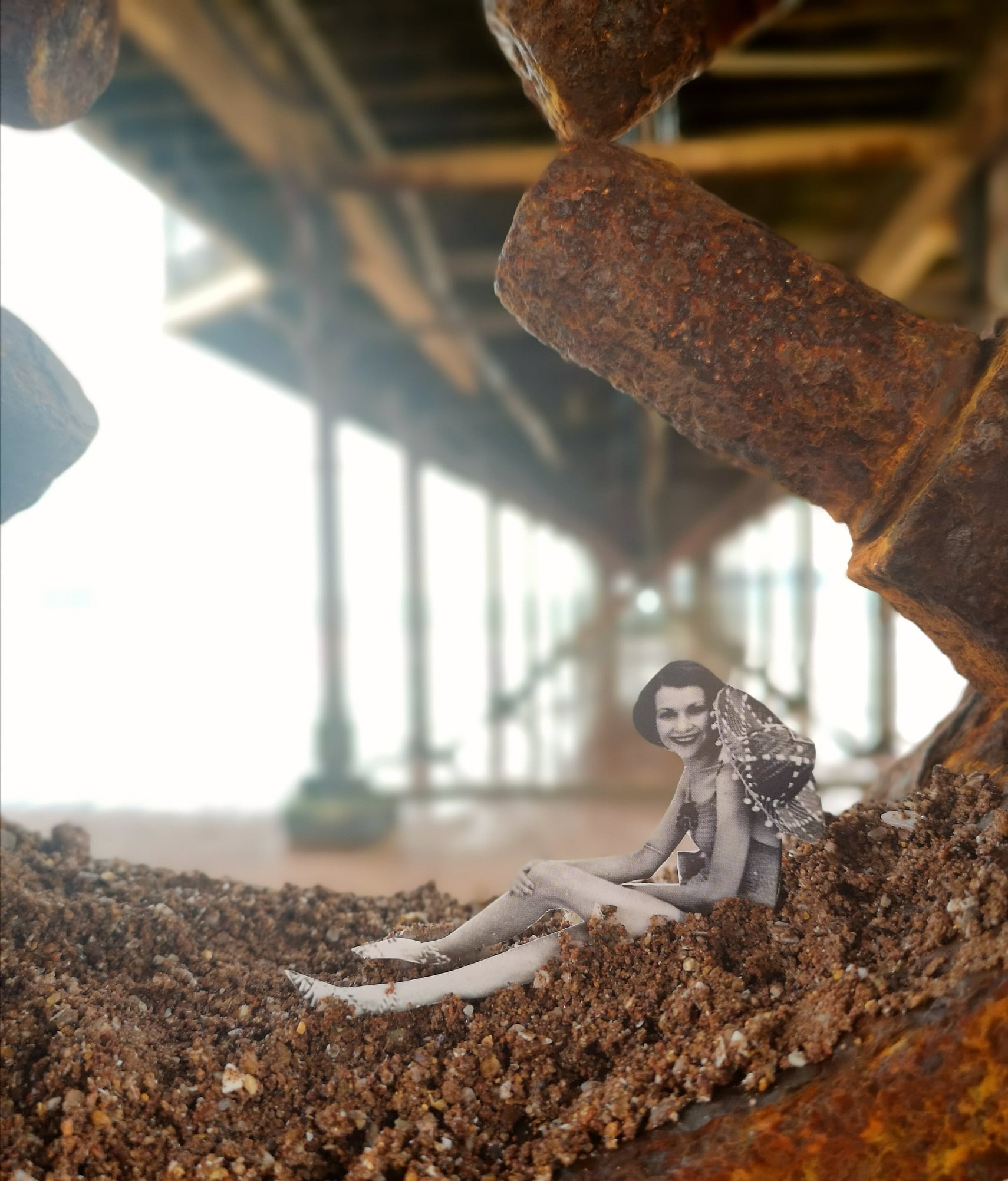Everywhere I go, I see people behaving decently towards one another. Maybe this is one of the perks of living in a relatively small rural/coastal community, and this prevents me from saying with any certainty that this is the situation everywhere (although I didn’t notice any major lapses in decency when I moved away to study). It would be impossible to claim that everyone behaves decently all of the time, of course, and the stories one hears of people being bullied and harassed because of their race or gender or sexuality might easily make a person doubt the decency of ordinary people. And yet, I cannot ignore what I see around me every day.
Many of the things I see are small, almost invisible, but I have been noticing them more and more. On the road, especially in the lanes that criss-cross the county, I see people acknowledging the driver who just reversed for them. I see people volunteering for the many charitable causes of my local community. Why? Other than a slight boost to one’s CV, the individual doesn’t stand to acquire very much from giving their time away for free. And yet, they do it, and whole organisations are kept alive by their efforts. I see neighbours helping one another without asking anything in return. I see people caring for elderly or disabled friends and relatives. These acts of common decency are not insignificant, and although they rarely make the headlines, they form a vital part of the structure that holds a society aloft.
We live in a cynical time, a time when wedge issues like Brexit divide us into political tribes, and turn people against one another. It can sometimes seem as though we are living through a dismal time in our history. Nevertheless, it is worth remembering that it is the impolite or unpleasant person who stands out as unusual, and not vice-versa. Crime, cruelty and general poor behaviour are newsworthy because they are the exception rather than the rule. If every instance of a person behaving decently to a neighbour or a friend on just one day were taken down, assembled, and published in one volume, there would not be enough paper in the world on which to print it.
I would like to illustrate my point by relating an incident which happened to me a little while ago. I was driving back into Dartmouth on a wet and rainy day, and I failed to stop in time when the car in front of me braked suddenly. It was very obviously my fault: I hadn’t maintained a long enough braking distance for the wet conditions. We both pulled in to the side of the road and exchanged information. The driver was an Austrian tourist in a hire car, and I had obviously put a dent in his holiday, as well as his back bumper. I gave him my details and assured him that I would call my insurance company as soon as I got home and see that the whole business was sorted out. Then something unexpected happened: he extended a hand for me to shake.
I was genuinely moved by the gesture. After all, he had little enough reason to be nice to me. He was a guest in the country, and I had responded to his careful observation of the rules of the road by driving into the back of him. What possible reason could he have had for extending a hand to me? And yet he did. The only reason I can think of is that it must have seemed to him like the decent thing to do, and I in turn shook his hand because that seemed to be the decent thing for me to do. The whole incident could have gone very differently, but it didn’t, and I was left with a sense that I had participated in an exceptionally civilised moment of human interaction.
It is because of incidents like this that I am sceptical of accounts of human nature that view us as thoroughly self-interested beings, intent only on maximising our own gains – the ‘economic man’ touted by economists. There are things that people do, and do every day, which cannot be easily explained in selfish terms. Certainly, a person might be made to feel good about themselves by volunteering for a charity, but is that feeling really worth hours and hours of unpaid work? Does saying “please” and “thank you”, even when one is tired and fed-up, grant a person some great unseen advantage? If it does, I do not know what kind of advantage that would be.
There is a tendency in some political circles to see ‘the people’, that great mass of friends and strangers, as broken and in need of repair by the wise or virtuous among us. I think we should avoid that tendency. Whatever kind of change we wish to see in the world, be it right- or left-leaning, we would do well to base our efforts on the already existing capacity of ordinary people to behave decently towards one another. Like it or not, the people who surround us every day, the people we pass on the street or queue next to in shops, are our people, and if we are willing to put our faith in them, there is no knowing what might be achieved.

You can join us on our social media pages, follow us on Facebook or Twitter and keep up to date with whats going on in South Devon.
Got a news story, blog or press release that you’d like to share or want to advertise with us? Contact us




























